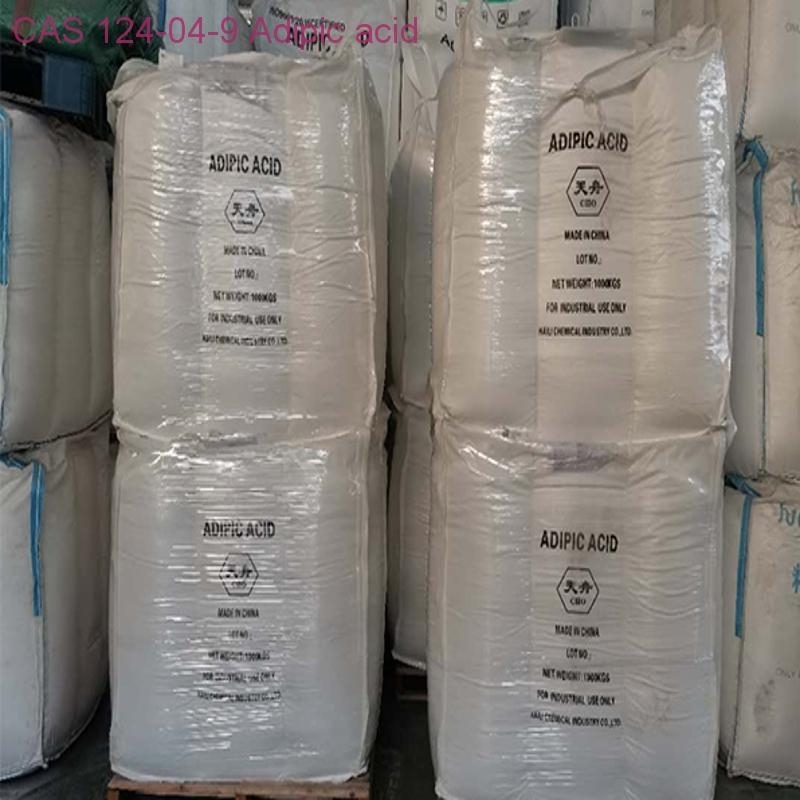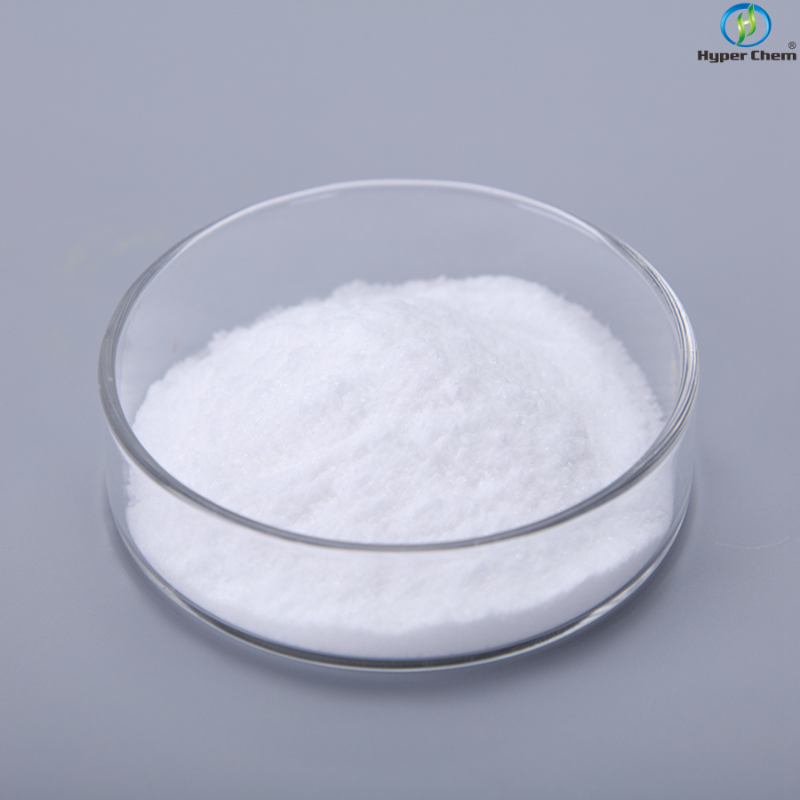-
Categories
-
Pharmaceutical Intermediates
-
Active Pharmaceutical Ingredients
-
Food Additives
- Industrial Coatings
- Agrochemicals
- Dyes and Pigments
- Surfactant
- Flavors and Fragrances
- Chemical Reagents
- Catalyst and Auxiliary
- Natural Products
- Inorganic Chemistry
-
Organic Chemistry
-
Biochemical Engineering
- Analytical Chemistry
-
Cosmetic Ingredient
- Water Treatment Chemical
-
Pharmaceutical Intermediates
Promotion
ECHEMI Mall
Wholesale
Weekly Price
Exhibition
News
-
Trade Service
Xinhua News Agency reporter Dong Ruifeng
Recently, the Standards Working Committee of the Chinese Society for Cell Biology issued six group standards in the field of stem cells, and the National Stem Cell Resource Bank of the Institute of Zoology, Chinese Academy of Sciences was awarded the country's first biobank accreditation certificate
Why develop a stem cell standard system? How to better ensure biosafety and ethical standards, while accelerating clinical application? Industry experts accepted interviews with reporters to explain this
The treatment prospect is broad and the shortage of standards becomes a "bottleneck"
Stem cells are a type of self-replicating "seed" cells that can differentiate into a variety of functional cells and participate in cell replacement and tissue regeneration
However, due to the lack of relevant standards, there have been some confusions in this field.
"The development of standards can provide reference for stem cell research and application
As a clinician, Sun Yingpu, the chief physician of the Reproductive Center of the First Affiliated Hospital of Zhengzhou University, is most concerned about whether new technologies and new products in the field of stem cells are safe, effective and follow relevant policies and standards when used on patients
It is difficult to continuously fill in the gaps in ethical compliance
The 6 stem cell group standards released this time, including "Human Mesenchymal Stem Cells", "Human Retinal Pigment Epithelial Cells", "Human Induced Pluripotent Stem Cells", "Human Cardiomyocytes", "Artificial Blood Stem/Progenitor Cells", and "Primary Human Hepatocytes" 》, systematically stipulate the corresponding cell biological characteristics, key quality attributes, production technology, production process and quality control, inspection methods and rules, packaging and labeling, storage and transportation
Wu Zhaohui, vice chairman of the China Medical Biotechnology Association, said that after the release of the series of standards, there will be a clearer basis for the filing and review of clinical studies of these six types of stem cells
At the same time as the standard was released, the China National Accreditation Service for Conformity Assessment issued China's first biobank accreditation certificate CNAS BB0001 to the National Stem Cell Resource Bank
Peng Yaojin, an associate researcher at the Institute of Stem Cell and Regenerative Medicine Innovation of the Chinese Academy of Sciences, said that the development of biobanks requires special attention to ethical issues such as informed consent and privacy protection
Group standards first promote the introduction of international standards
In emerging fields such as stem cells, technological development is often "one step faster" than standard formulation
In order to reduce regulatory gaps, China encourages societies, associations, chambers of commerce, federations and other social organizations and industrial technology alliances with corresponding capabilities to coordinate relevant market entities to jointly formulate standards that meet the needs of the market and innovation, for the market to choose voluntarily, and increase the effective supply of standards.
Wang Zongling, secretary of the party committee and vice president of the China National Institute of Standardization, said that the new technical standards for stem cells have reached a consensus within the academic community to meet the needs of innovation, and have important pioneering significance for future national standard formulation and promotion of the internationalization of group standards
Zhang Yong, a member of the International Organization for Standardization (ISO), said that the current international standards for stem cells are basically still blank.







